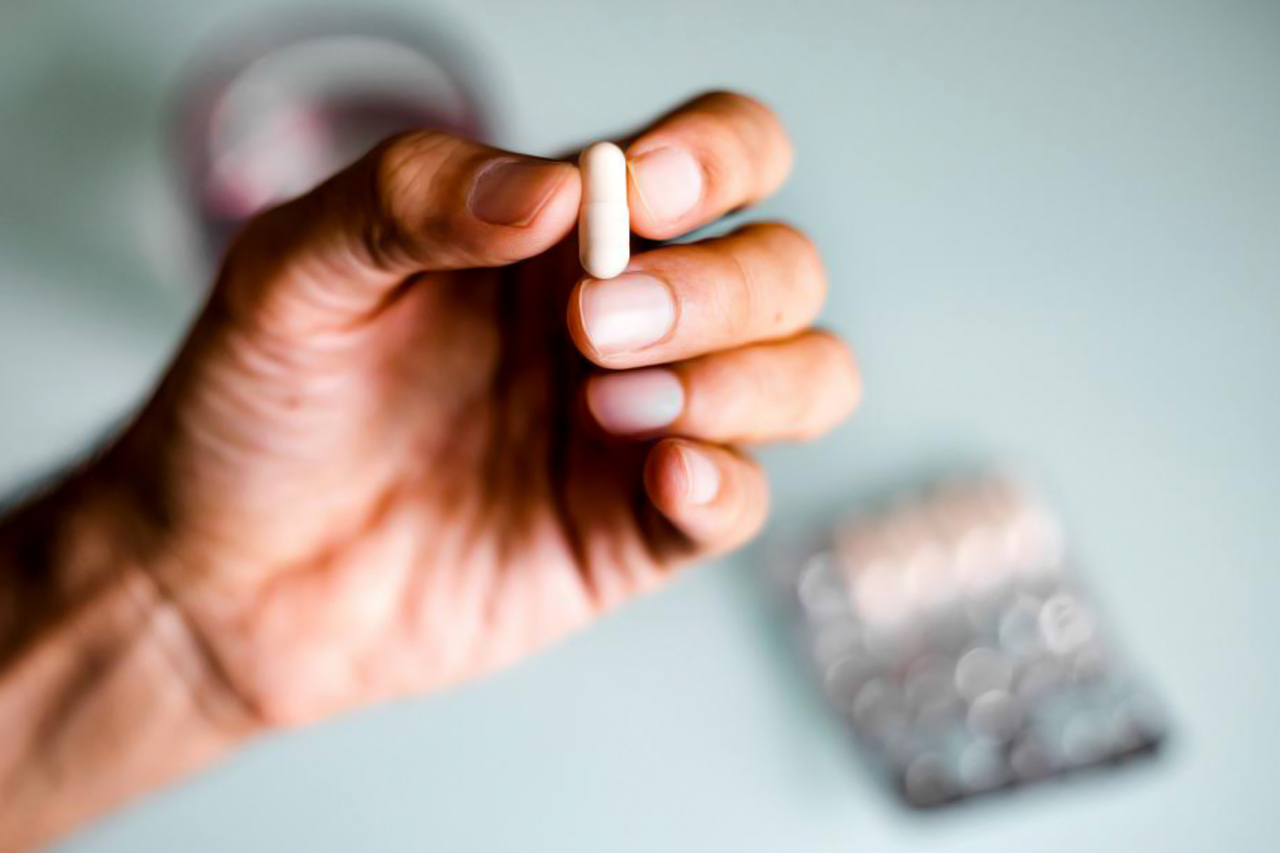Definition of Premature Ejaculation
Premature ejaculation is when a man cannot control or delay ejaculation. Ejaculation is usually considered to be premature if it occurs within the first 2 minutes of sex. It can be treated with psychological counselling and medical treatments, such as a serotonin boosting drug called Priligy and a local anaesthetic cream (EMLA) that temporarily numbs the sensation in the penis.
Causes of Premature Ejaculation
Doctors don’t completely understand the causes of premature ejaculation, but your serotonin level affects sleep, appetite and sexual desire. Premature ejaculation can occur when there is insufficient serotonin in your brain stem. Reasons for premature ejaculation are therefore thought to include: stress, guilt, depression, emotional distress, excessive excitement, performance anxiety (and other forms of anxiety), relationship issues, along with physical causes such as: hypersensitivity of the skin of the penis, diabetes, high blood pressure, thyroid problems, prostate disease, and binge drinking.
Damage to nerves caused by multiple sclerosis can also cause premature ejaculation.
Premature ejaculation is more common in men aged 35 or younger than in older men, but it seems to occur in men who are dealing with a new relationship, a new experience, or a stressful situation in a relationship.

